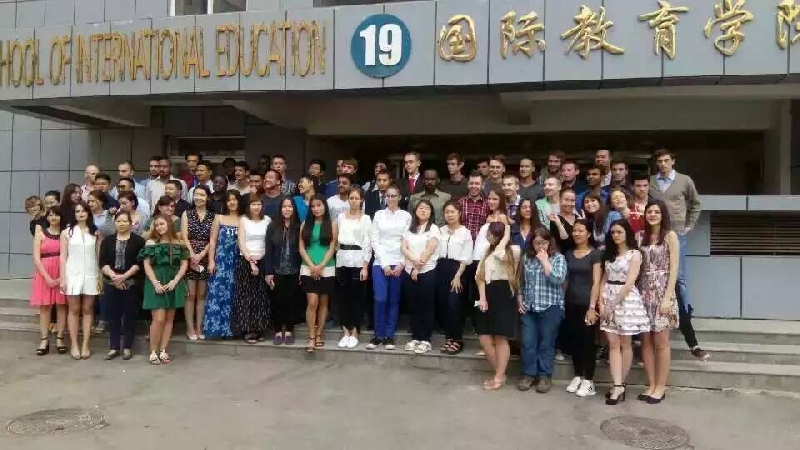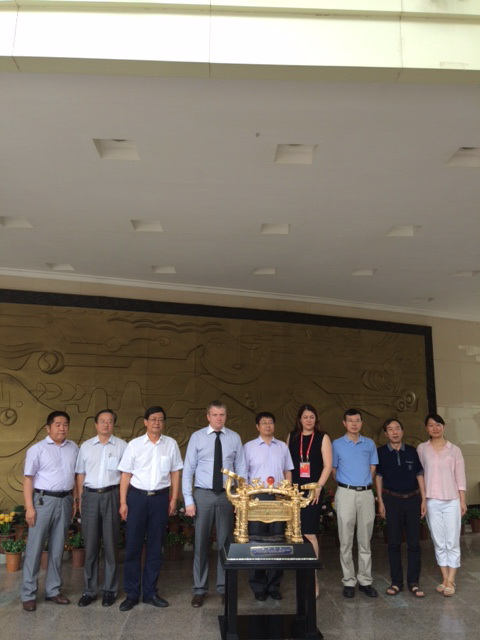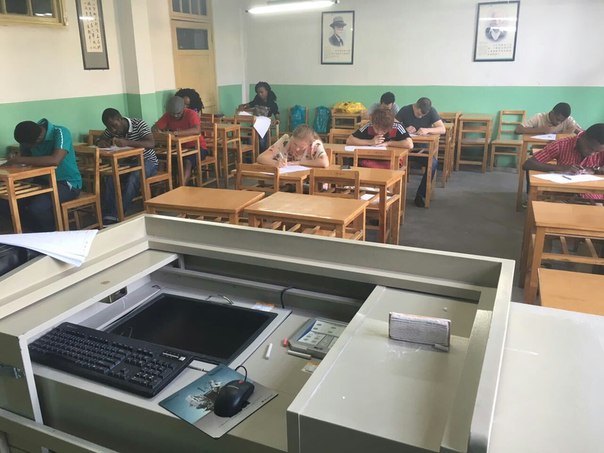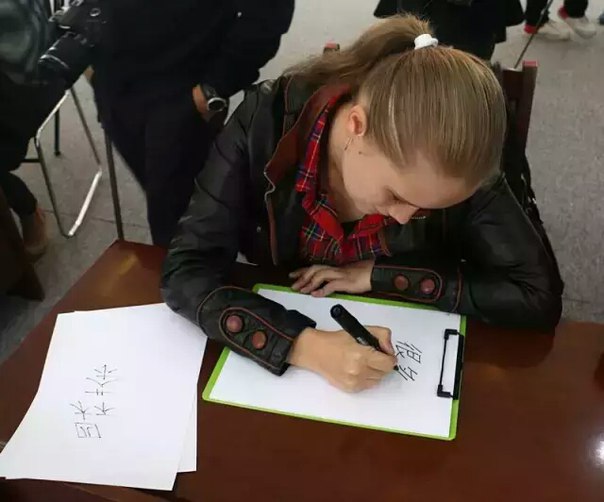Studying in China as Part of Academic Exchange Programme – Penza Students Experiences
Education programmes for Russian students in Chinese universities have been implemented since 2015 by the International Cooperation Office of Penza State University.
The cooperation programme ‘Volga-Yangtze’ has given a chance for many students from Penza State University to have a unique experience of studying in a highly-developed country with ancient traditions. As close relationships exist between the Penza region and the Gansu Province in China, Lanzhou (capital of Gansu Province) offers opportunities for international students to study in Lanzhou University and Lanzhou Jiatong University. The ‘Chinese University Program’, targeted at bachelor, master, specialist students, is an educational program, taking which students move on to a further degree. The Chinese language study ‘EU Program’ allows to study the language in natural environment for one or two academic semesters.
In 2015-2016 four Penza students started the university programme – Sergey Korovenkov, Daniil Fadeev, Maria Faizullina, Nikita Sazonov, and in 2016-2017 5 more students are going to take it – Yury Stentsov, Mikhail Shamionov, Roman Donsky, Maria Kozlachkova, Maria Polyakova. The language study programme was taken in 2015-2016 by Svetlana Trushina, Svetoslav Kargin, Nikita Soldatov, and Anton Chipkov, and this year Aleksandra Ziuzina is going to spend a semester studying the Chinese language.
As the academic year finished for some of the students, they wanted to share their impressions on studying in China.
Maria Faizullina enjoyed the whole experience, but most memorable was the Chinese characters writing contest. Following are her reminiscences. ‘There are always some competitions and contests going on in the university, with competing teams representing different faculties. For example, there was a contest among first-year students in writing Chinese characters. Ten students were chosen from two groups, and we had to do different tasks – copy the character, fill in the gaps in the sentences, write as many characters as possible which start with the same element. There was a jury, the audience, the play-off system. At the last stage only two students were left and the intensity was like at a boxer’s ring. I won.’
Maria also talked about culture events. ‘There are two big-scale events conducted at every university of the country. First, it is the Festival of Cultures, which takes place in December. The first part of it is a culinary show, with all international students wearing traditional costumes and offering traditional food of their country. We prepared Russian pancakes, stuffed dumplings, fried potatoes with mushrooms, kissel. The second part was an entertaining show with dancing, singing, poetry. Typically, Russia is expected to perform ‘Katyusha’, as it is quite a popular and recognizable song in China. Yet, we decided to break the stereotypes and went for ‘Peryshko’ song from the cartoon ‘Prince Vladimir’.
Sergey Korovenkov was impressed with sport university contests. ‘Each year Lanzhou Jiatong University conducts sport competitions. The big contest between the faculties starts with a colourful opening ceremony. With the faculty teams wearing their representative colours and insignia, it is a very impressive march. Then follows the show prepared by Chinese students – from traditional dances and kung-fu to modern break-dance. During two days the contestants competed in running, short and long-distance, jumps and tug-of-war. Football, basketball and volleyball tournaments start a month before, and the award ceremony takes place during the big contest.’
Sergey went on with his impressions of participation and the general atmosphere of the sport contest. ‘When studying abroad, one has to remember that you represent your country, and the reputation of your native land depends, among other things, on you. That is why hard academic work, good attitude, excellent relations with other international and local students – all of these are key moments when being abroad as a student. And it is also important to represent your country in other ways, for example, in sport. We participated in arm-wrestling and kettlebell lifting. There were several Chinese teams, and Kazakhstan, Ukraine and Russian teams. From the start, the obvious favourite was the Russian team. We managed to preserve our leading positions, and won by miles. The number of participants and spectators was tremendous. The award ceremony was really spectacular. In future, we are planning to contribute to the development of arm-wrestling and kettlebell lifting in Lanzhou.
The following competition that we took part in was in ping-pong. Everybody knows that the Chinese are fantastic in this sport, and we understood that the victory would be theirs, without doubt. In total, there were 10 Chinese and international teams. Our team came 8th. All in all, it was an unforgettable experience.’
Hopefully, as the Lanzhou-Penza programmes will be going on in future, there will be more exciting stories to share from Penza students.









 Версия для печати
Версия для печати


